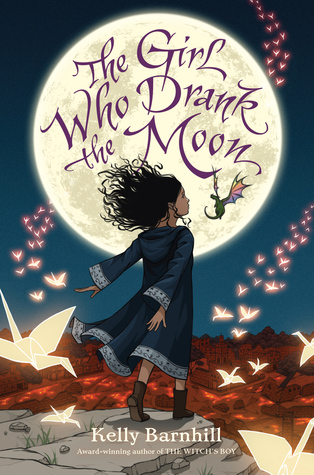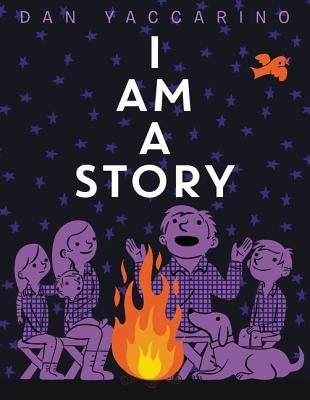This is one of a series of blog posts that continue the conversation around Still Learning to Read--teaching reading to students in grades 3-6. This series will run on the blog on Tuesdays starting in August 2016 and continue through the 2016-2017 school year.
I received a review copy of A Bike Like Sergio's from Candlewick. I immediately fell in love with the book and was anxious to share it with my students. The picture book is perfect for inviting talk around important issues and decisions. The book trailer is a good sneak peek into what kids might talk about.
When I shared the book with our literacy coach, Lynsey Burkins she reminded me that this author, Maribeth Boeltz also write Those Shoes , a favorite of mine from last school year. I looked up the author and then remembered that she also wrote Happy Like Soccer I had never thought about the 3 books together but I pulled them out as Lynsey suggested and planned the week's worth of mini lessons around these three book.
My big goals for the week were to deepen our conversations around books and to begin to understand the ways books can change our hearts a bit. I also wanted my students to look across an author's work to deepen their understanding around individual books and issues across books. I knew we'd do rereading of one or two of the titles and I wanted to introduce the idea that rereading helps us deepen understanding. I knew those were my big goals and I also knew that I would have to listen to student thinking to move the conversation forward from where they were in their thinking.
On Monday I read aloud A Bike for Sergio. The big question throughout the book was whether or not Ruben would get the bike or not. At the end of the book (SPOILER ALERT) when Ruben does not get the bike, my students were livid--I heard comments like "There must be a sequel!" and "That's the worst ending ever." and "He'll get the bike in the next book." I left the conversation there and told kids that this was a book I'd been thinking about since I 'd read it last week and maybe they'd find themselves thinking about the book and the characters later too.
The next day, I told my kids that I had been thinking about the book again and that there were some questions I had as a reader that I just didn't have answered yet. My biggest question was, "Was this a book with a happy ending?" I put that on a chart and asked them if there were things they were wondering now that we had had time to think about the book. Our chart looked like this.
- Was it a happy ending?
- Did Ruben do the right thing?
- Was Sergio happy or sad that Ruben didn't get the bike?
- Is Ruben's family poor?
- Will he ever get the bike?
- Will the lady in the blue coat ever give him something as a thank you?
Each of these questions gave us a great deal to talk about and because there was no "right answer, we could agree, disagree, and change our thinking as the conversation moved on.
We moved onto the next two books by Maribeth Boelts. We read Happy Like Soccer next and the children felt better about the ending. One child said, "When we read A Bike Like Sergio's, I didn't feel right at the end. When you read a book, you start to really like the character and I didn't feel good about how that one ended but I this ending seemed like a happy ending."
We read Those Shoes on Wednesday. Our conversations before reading the book focused on what we might expect now that we knew Maribeth Boelts better as a writer. The kids predicted that family would be important in this book. They predicted that by looking at the cover, the child wanted something everyone else had like Sergio. They thought maybe the character would have to decide something important.
After reading all 3 books, my students shared the following insights about Maribeth Boelts:
- She has a way of writing about characters who figure out how to solve their own problems.
- She writes about kids who want things that other people have.
- Her books are realistic.
- Family is important in her books.
And they still can't decide whether the families were poor or not. This was a topic of conversation each day and they never came to an answer they were sure of--or what they actually meant by "poor".
We reread A Bike for Sergio on Friday. By Friday, the class had pretty much come to a consensus that the book did have a happy ending. They still hope that Ruben gets the bike someday but they have a better understanding of the decision he was faced with. In this last read, kids stopped me on almost every page, asking me to reread a line that gave them a clue into something they were thinking about--lines they didn't quite get during the first read.
Reading these 3 books together was a great idea (Thanks Lynsey!). We didn't do much writing or recording during these lessons as I really only wanted to deepen the ways in which we talked about books. Reflecting on the week, I think we certainly deepened our conversations and the ways we talk about books. We also changed our expectations of books and how they impact us. We learned to use what we know about an author to understand important ideas in new ways. And we know that there are some books and some things that we'll think about long after we are finished reading. This week, we came to love Ruben and Sierra and Jeremy, characters who I think will come into our conversations throughout the year.
(You can follow the conversation using the hashtag #SLficuciaryTRead or you can join us for a book chat on Facebook that began this week by joining our group here.)
Our new edition of Still Learning to Read was released last week!
You can order it online at Stenhouse!
















